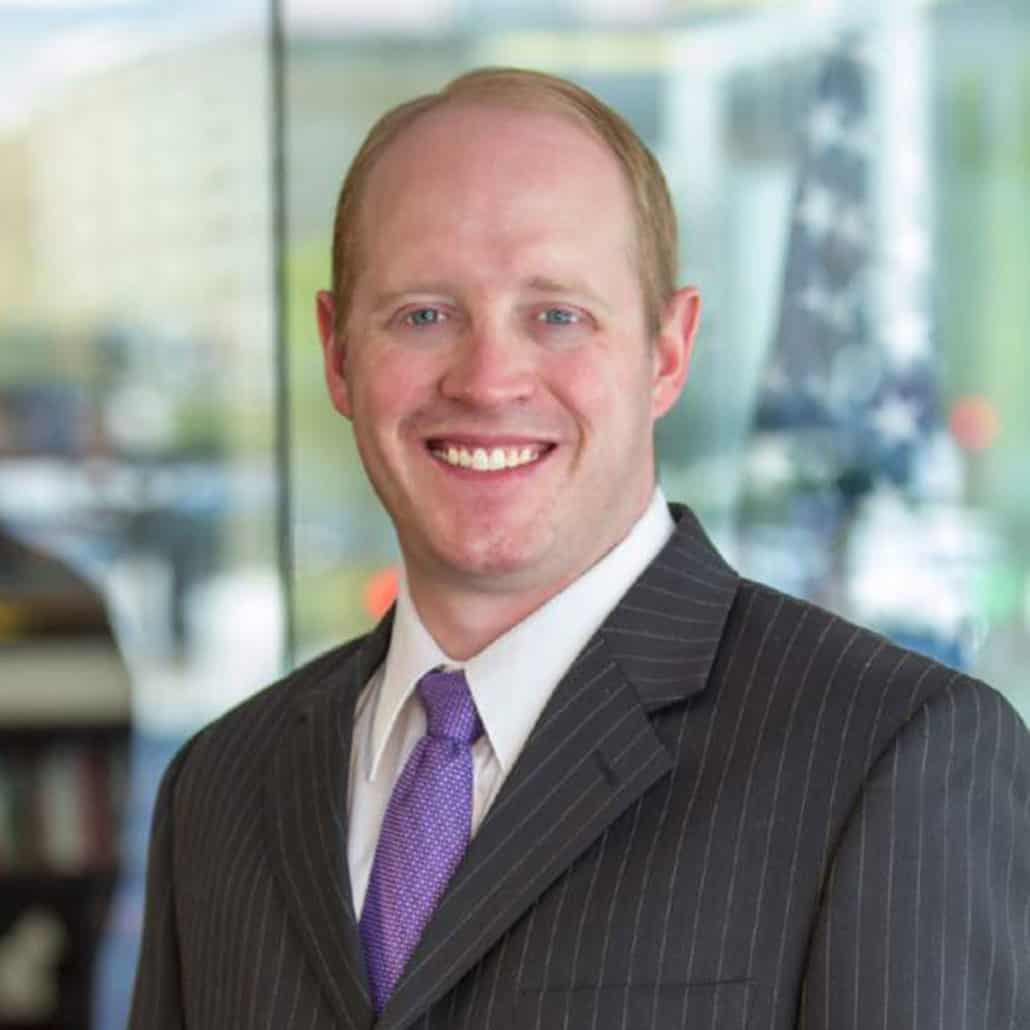
By Derek Monson
November 2, 2018
The vote on Proposition 2 has largely been overshadowed by the medical marijuana compromise (which Sutherland supported) arrived at by legislative leaders; representatives of The Church of Jesus Christ of Latter-day Saints; and proponents of Prop 2. This compromise is superior to Prop 2, the ballot initiative, for a number of reasons. More can be found on this below.
What does Proposition 2 do?
- Prop 2 legalizes marijuana for medicinal use in Utah and contains various provisions designed to maximize Utahns’ access to marijuana, including children as well as adults.
What Proposition 2 doesn’t do:
- Prop 2 does not contain many safeguards to protect families, communities and the state from inappropriate or harmful access to marijuana – for instance, children’s brain development is likely to be harmed by marijuana.
What does this mean?
- The compromise arrived at by interested parties (as mentioned above) is superior to Prop 2 in that it implements a truly controlled system of medical access to marijuana, akin to the alcohol control system in Utah that allows access to alcohol while protecting the public safety of drinkers and non-drinkers alike.
- The compromise is not perfect; compromises rarely are. For example, despite the likelihood of harm to their brain development, children with certain medical conditions can still be prescribed medical marijuana. However, this will only happen under the care and consideration of the child’s doctor who will be prescribing marijuana use, and who is also likely to take these considerations into account. So as a system of providing controlled access to marijuana for medical reasons, the compromise is reasonable and good policy.
- That said, the vote on Prop 2 may still influence policy outcomes. The final details of this compromise could be influenced in a number of ways, for instance: Passage of Prop 2 could defeat sound amendments to the compromise, and defeat of Prop 2 could help such amendments go through.
More Insights
Read More
Ignoring the text of the Constitution is a mistake
A written Constitution is entirely superfluous if the document is simply meant to give the people what they want.
What you need to know about election integrity
It should be easy to vote and hard to cheat. This oft-quoted phrase has been articulated as a guiding principle by many elected officials wading into voting and election policy debates in recent years. So why has this issue been so contentious, and what’s the solution?
How transparent are school districts about curriculum?
Utah districts don’t need to wait for legislation to be transparent – many have sought to be transparent on their own. District leaders interested in this reform can do several things right away.


